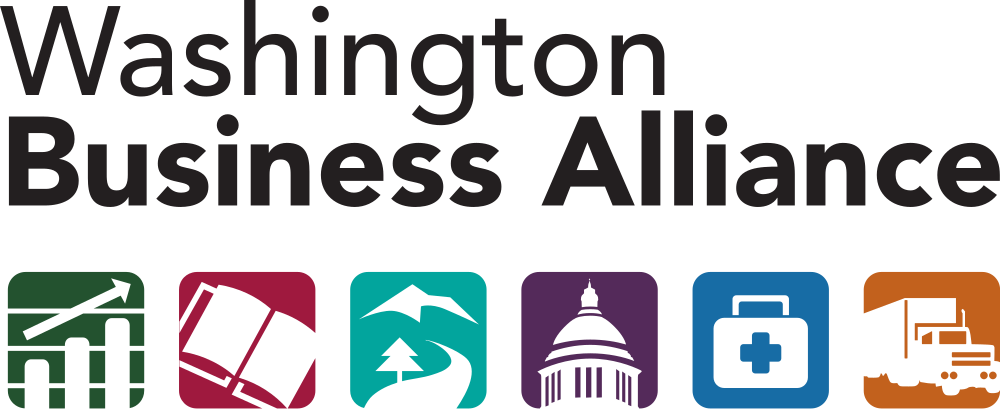
- TIME magazine, May 30, 1983
U.S. state economies are intricate and evolving ecosystems. The most successful states are those which can adapt to the constant disruptions of the new economy. The Information Technology & Innovation Foundation’s (ITIF) 2014 State New Economy Index ranks all 50 state economies for adaptability and innovation capabilities. Consistent with years past, Washington State once again ranked highly, coming in at 4th out of 50. According to the authors, “Washington State… ranks in the top five due not only to its strength in software and aviation, but also because of the entrepreneurial activity that has developed in the Puget Sound region and the widespread use of digital technologies by all sectors.” Washington has ranked between 2nd and 4th place since the Index began in 1999.
Massachusetts was ranked 1st, as in all previous editions of the Index.
From the report:
The challenge for state economic development is to encourage evolution. This means helping the states’ traded sector companies to both win in advanced technology sectors and to slow the loss of more mature industries to lower cost locations. But evolution also means that government…(should reduce)…”the regulation and other protections that incumbents…face vis-à-vis more entrepreneurial…technology-based innovators, with economic development strategies and programs while also ensuring a tax and regulatory environment that supports state competitive advantage. In short…state economies need to be firmly grounded in…“New Economy” success factors…(so they can)…successfully navigate the shoals of economic evolution.
The ITIF analysis deploys 25 indicators “broken up into 5 areas that best capture what is new about the New Economy: knowledge jobs, globalization, economic dynamism, the digital economy, and innovation capacity.” The breakdown below details all 25 indicators alongside Washington’s rank in each category.
- Scientists and Engineers: WA ranks 1st
- Patent Production: WA ranks 1st
- Information Tech. Jobs: WA ranks 2nd
- Movement Toward a Clean Energy Economy: WA ranks 2nd
- Export Focus of Manufacturing & Services: WA ranks 3rd
- Broadband Telecommunications: WA ranks 3rd
- Venture Capital: WA ranks 4th
- Managerial, Professional, and Technical Jobs: WA ranks 5th
- Fast Growing Firms: WA ranks 7th
- High-Tech Jobs: WA ranks 7th
- Online Agriculture: WA ranks 10th
- Non-industry Investment in R&D: WA ranks 10th
- Workforce Education: WA ranks 11th
- Inventor Patents: WA ranks 12th
- Industry Investment in R&D: WA ranks 12th
- Manufacturing Value Added: WA ranks 12th
- Immigration of Knowledge Workers: WA ranks 13th
- Migration of U.S. Knowledge Workers: WA ranks 21st
- Initial Public Offerings: WA ranks 26th
- Health IT: WA ranks 28th
- High-Wage Traded Services: WA ranks 29th
- Entrepreneurial Activity: WA ranks 30th
- Foreign Direct Investment: WA ranks 32nd
- Job Churning: WA ranks 46th
- E-government: WA ranks 47th
While the report’s first half is devoted to evaluating the 50 states, the second half surveys the economic development strategies of foreign nations and provides policy recommendations for the U.S. The authors highlight “technology-based economic development” (TBED) as an approach gaining traction around the world. According to the authors, “U.S. state and local economic development officials would be well advised to track what their competitors are doing abroad, for there are many interesting and effective models for spurring TBED that may be adopted within the United States, especially in four key areas: 1) economic development analysis and strategy; 2) financial incentives for innovation; 3) education reform; 4) and start-up support.”
As for Washington’s consistently strong rankings in the New Economy Index? The authors note that “even the high-scoring states have room for improvement.”
RELATED:
